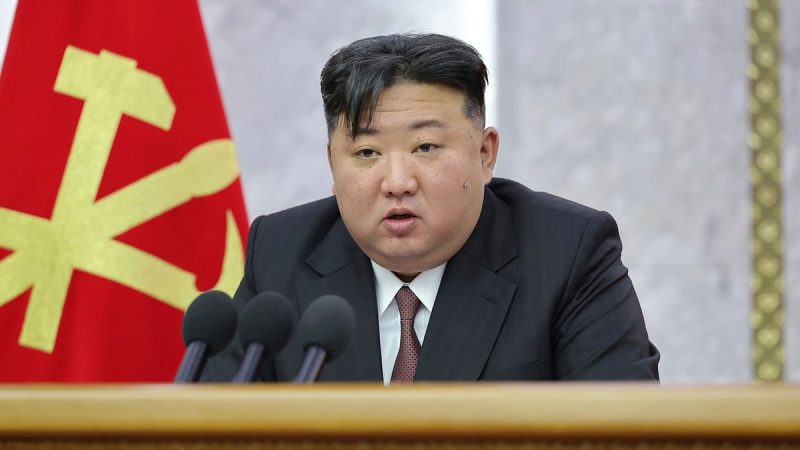North Korea’s Expanded List of Crimes Punishable by Death Raises Concerns
The recent reports coming out of North Korea regarding the expansion of the list of crimes punishable by death have raised serious concerns among international human rights organizations and governments. The reclusive regime led by Kim Jong-un has long been known for its severe and draconian criminal justice system, which includes harsh punishments such as public executions and forced labor camps.
According to the reports, the North Korean government has broadened the scope of offenses that could lead to the death penalty. Previously, crimes that were punishable by death included acts such as high treason, espionage, and attempted defection. However, the new additions to the list reportedly include more minor offenses such as watching South Korean films, using banned mobile phones, and smuggling foreign media into the country.
This move to expand the list of capital offenses is seen as a further tightening of control by the regime over its citizens and a way to suppress any form of dissent or opposition. By making relatively common activities punishable by death, the North Korean government aims to instill fear and obedience among its population, ensuring absolute loyalty to the leadership.
Human rights organizations have condemned this escalation in the severity of punishments in North Korea, citing the lack of fair trials, due process, and the prevalence of forced confessions extracted through torture. The arbitrary use of the death penalty to silence critics and control the population goes against international norms and raises alarms about the dire state of human rights in the reclusive nation.
While North Korea’s actions may seem extreme and unjust from an international perspective, they reflect the iron-fisted rule of the regime and its determination to maintain power at all costs. The expansion of the list of crimes punishable by death is a stark reminder of the oppressive nature of the regime and the lengths it is willing to go to in order to maintain its grip on power.
The international community faces a dilemma in how to address the human rights abuses and authoritarian practices in North Korea. While sanctions and condemnation have been used to pressure the regime, a more concerted effort involving diplomatic dialogue and engagement may be needed to bring about change and improve the lives of the North Korean people.
In conclusion, the expanded list of crimes punishable by death in North Korea is a troubling development that highlights the severe human rights violations and oppressive nature of the regime. The international community must continue to shine a spotlight on these abuses and work towards finding ways to promote accountability and justice in the face of such flagrant disregard for human rights.

